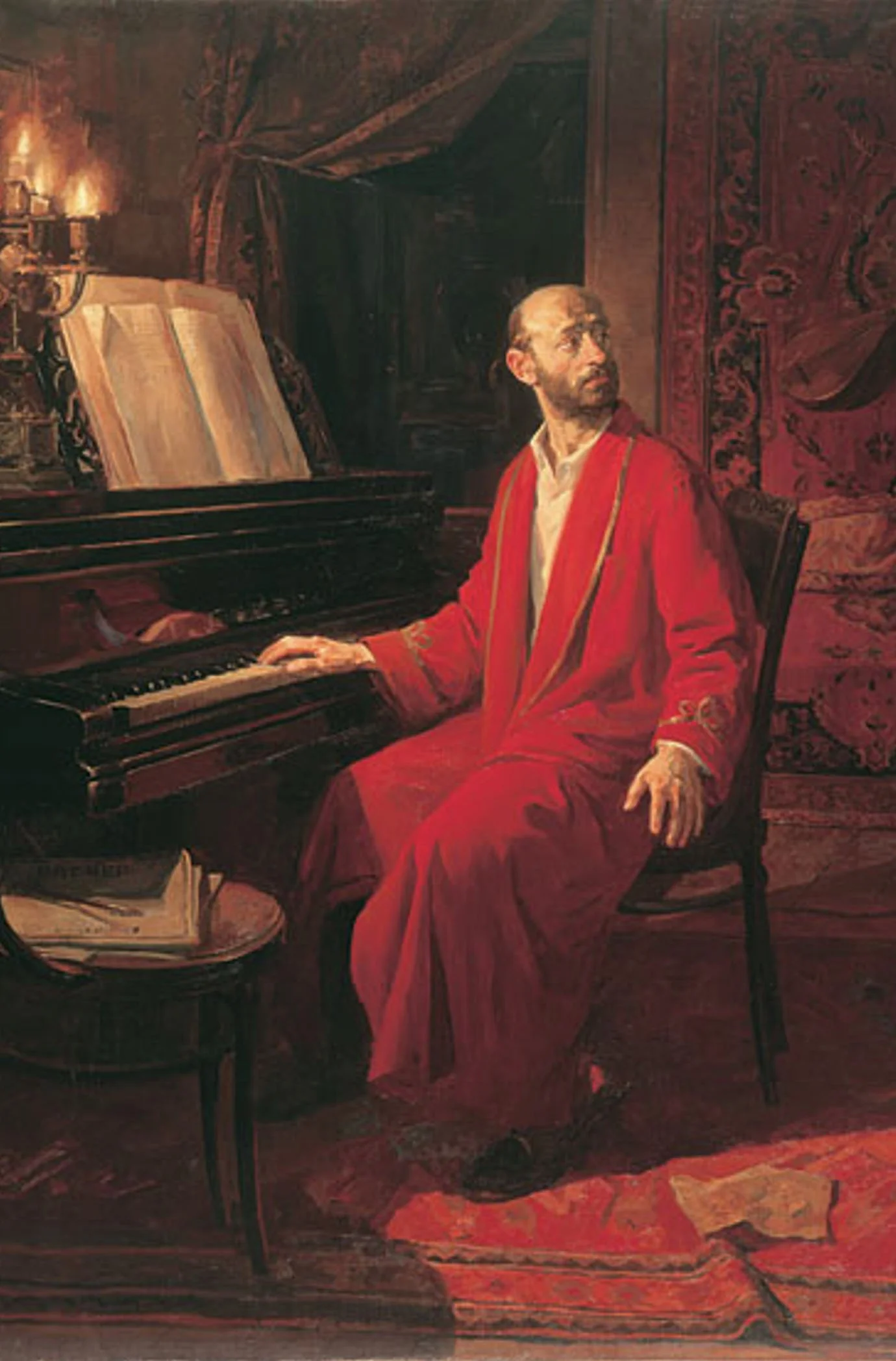Book Project
Who Built Nations in the Soviet Union?
Existing literature tells us that national identities in Eurasia are a persistent legacy of the achievement of mass native language literacy at the end of the 19th and beginning of the 20th centuries. However, cases where beliefs about nationality persisted across generations were exceptional - they were important, but also unrepresentative of the broader diversity of ways that nationality was imagined in this region
My book manuscript shows how writers, artists, and professors can change beliefs about nationality more rapidly and more dramatically than existing theories anticipate. I focus on the Soviet Union – a model for multinational statehood – where these intelligentsias reshaped how Soviet citizens thought about the nationalities to which they belonged, sometimes almost overnight.
Using historical data on the occupations of winning candidates in the first competitive elections in Soviet history, I show electing intelligentsia drove an increase in secessionist mobilization just prior to the Soviet collapse. Using an automated text analysis of Soviet cultural publications, I show that the communal grievances raised by intelligentsias from the 1960s to the 1980s became the popular demands voiced in these mass demonstrations. Using original elite interviews, archived interviews, document collections, and historical publications written by key actors, I show how members of the intelligentsia with professional credentials, public celebrity, and visible constituencies popularized communal grievances and framed them in national terms in republics like Armenia and Lithuania that became more secessionist than mass literacy alone would predict. Using archival data on Soviet campaigns to “liquidate illiteracy” in the 1920s, I revisit the conventional wisdom on mass native language literacy to show where and why categories of nationality persisted or eroded over time.
You can find a longer description of my book manuscript at this link.
*based on project awarded the Walter Dean Burnham Prize for best dissertation on politics and history, APSA Politics and History Section (2024)
